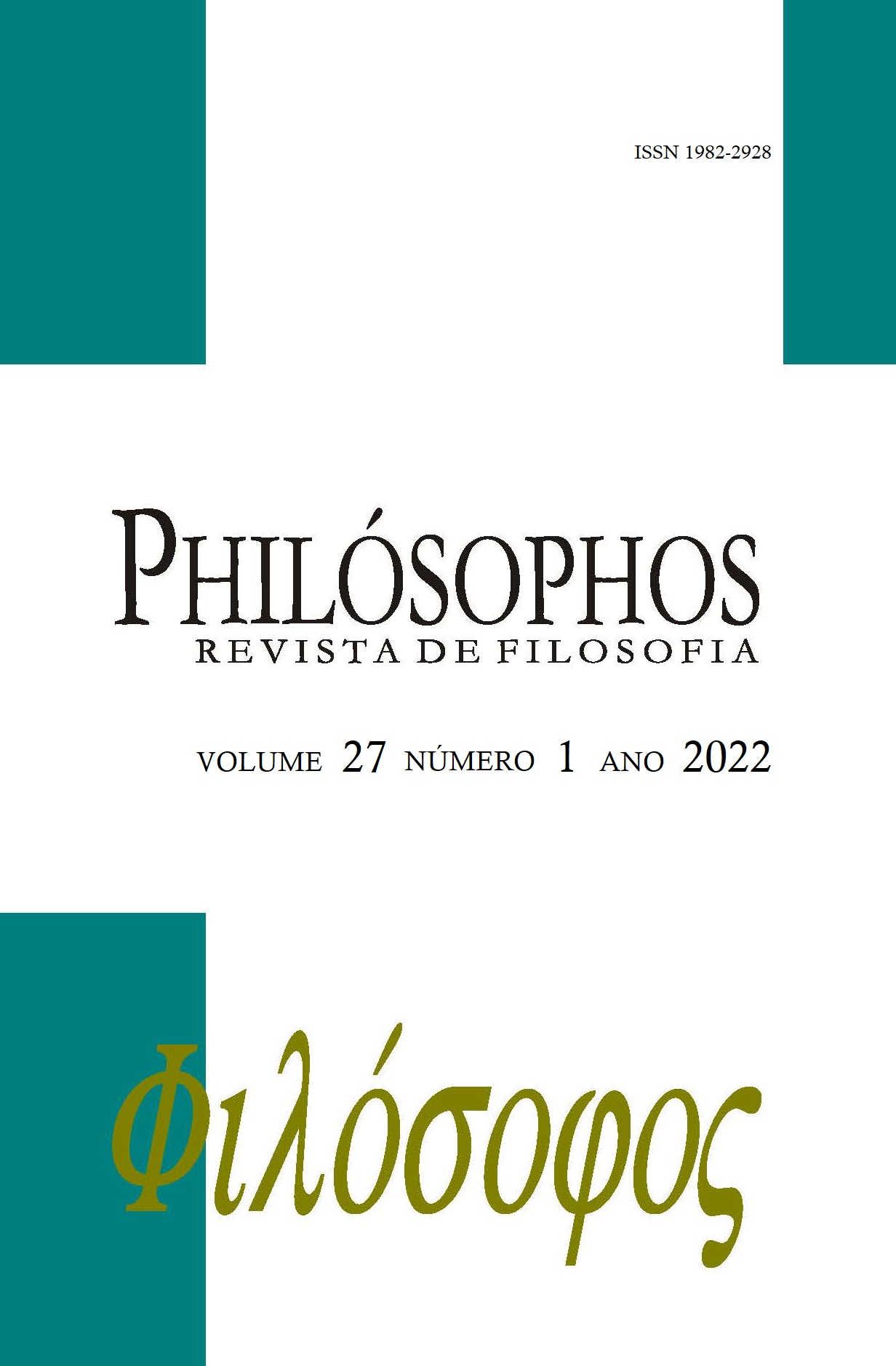A prática do tiranicídio em João de Salisbury
DOI:
https://doi.org/10.5216/phi.v27i1.71733Abstract
John of Salisbury (ca.1120-1180) is one of the great figures of the Middle Ages. Born in England, he studied in France, where he attended the school of Chartres, there he was a student of Peter Abelard (1079-1142). On his return to England, he was secretary to the Archbishop of Canterbury, Thomas Becket (1118-1170). His conflict with King Henry II of England, which ended up leading to the assassination of the archbishop by the King's followers in Canterbury Cathedral, was decisive for John of Salisbury's political positions. The Policraticus, a work written in the Renaissance style of the twelfth century, reflects the political, philosophical and theological positions of the author and, since it was published, has generated a series of discussions and polemics. Among the controversial positions is the defense of tyrannicide. In this work, the objective is to present and analyze synthetically the practice of tyrannicide in Salisbury, drawing mainly on books III, IV, V and VIII of the Policraticus.
Downloads
Downloads
Published
How to Cite
Issue
Section
License
Copyright (c) 2022 Philósophos a journal of philosophy

This work is licensed under a Creative Commons Attribution-NonCommercial-NoDerivatives 4.0 International License.
Authors who publish in this journal agree to the following terms:
- Authors retain copyright and grant the journal right of first publication, with the work simultaneously licensed under a Creative Commons Attribution License that allows others to share the work with an acknowledgement of the work's authorship and initial publication in this journal.
- Authors are authorized to enter into separate, additional contractual arrangements for the non-exclusive distribution of the journal's published version of the work (e.g., publishing in an institutional repository or as a book chapter), with an acknowledgement of its authorship and initial publication in this journal.















